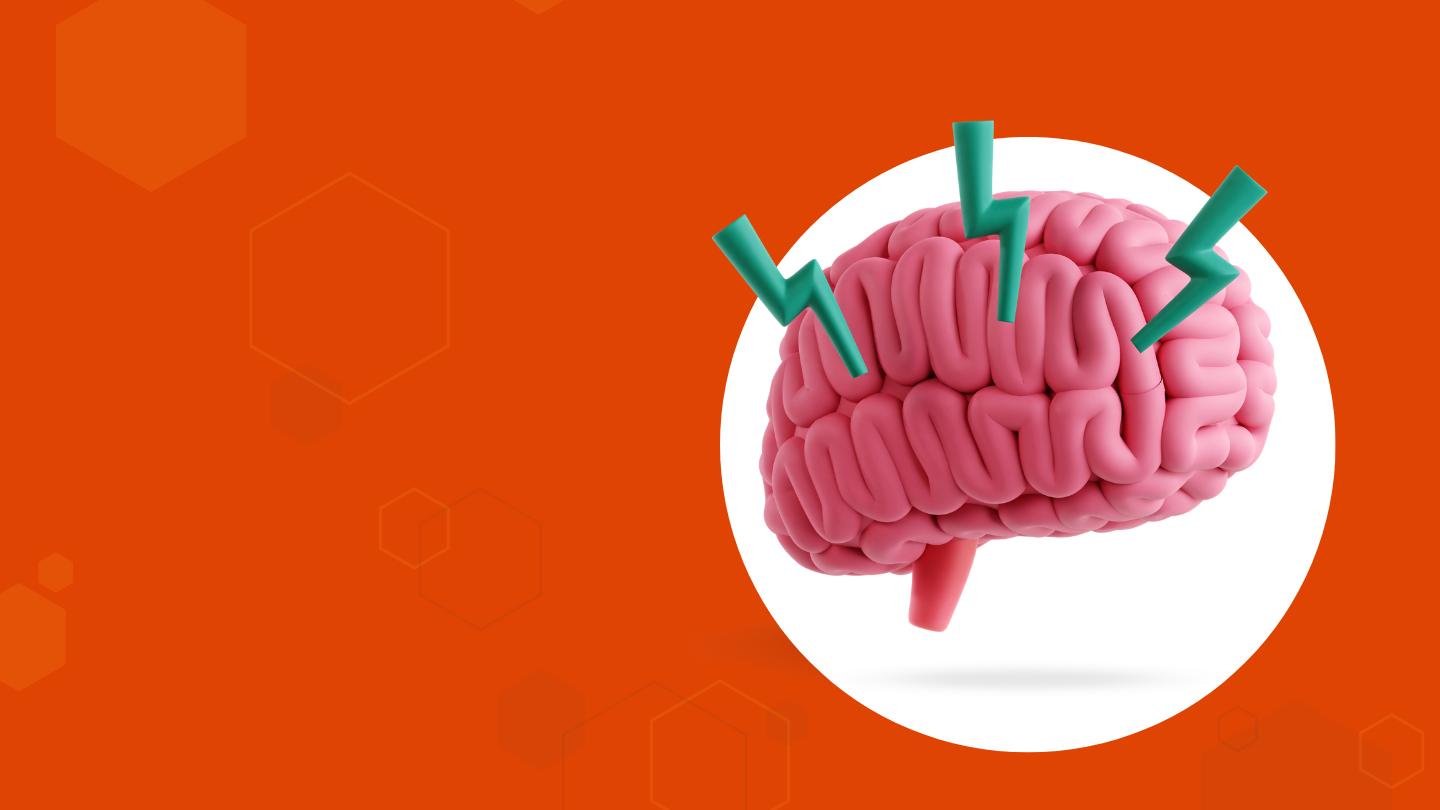10 April, 2025
Beyond medication: Advanced Parkinson’s treatments that change lives

Today, April 11, on the occasion of World Parkinson’s Day, we highlight two therapeutic options that improve patients’ quality of life: Deep Brain Stimulation and HIFU (High-Intensity Focused Ultrasound). World Parkinson’s Day is an opportunity to reflect on advances in the treatment of this neurodegenerative disease and movement disorder. While the diagnosis of Parkinson’s disease can generate fear and uncertainty, it is essential to understand that medicine has come a long way, and there are treatment options that can improve quality of life—especially when medication alone is no longer enough. Today, more than ever, it is possible to manage symptoms and improve the well-being of people living with Parkinson’s disease, thanks to safe and effective treatments such as Deep Brain Stimulation (DBS) and HIFU.
Parkinson’s Stages: Why surgery can be a good option
Parkinson’s disease is a chronic and progressive condition, with an evolution that varies from patient to patient. In the early stages of Parkinson’s, symptoms can be managed with medication, but over time, the effectiveness of drug treatment declines, and motor fluctuations and complications appear. This is when surgery becomes a viable option.
Dr. Jordi Rumià, expert in Functional Neurosurgery, explains it clearly: “Nowadays, if a person under 70 is diagnosed with Parkinson’s, the question is not whether they will have surgery, but when. The important thing is to be on time.”
“Nowadays, if a person under 70 is diagnosed with Parkinson’s, the question is not whether they will have surgery, but when. The important thing is to be on time.”
Dr. Jordi Rumià, Functional Neurosurgeon
Deep Brain Stimulation (DBS) for Parkinson’s
Deep Brain Stimulation (DBS) involves implanting electrodes in specific areas of the brain, connected to a neurostimulator that regulates abnormal brain activity. DBS is ideal for patients with advanced Parkinson’s who experience motor fluctuations and do not respond well to medication.
Benefits of DBS:
- Significantly reduces Parkinson’s motor symptoms, such as tremor, rigidity, and bradykinesia.
- Improves quality of life, enabling the patient to resume daily activities.
- Allows for reduced medication and fewer side effects.
“Deep Brain Stimulation does not cure Parkinson’s disease, but it greatly improves symptoms and quality of life, especially for those who do not respond well to medication.”
Dr. Jordi Rumià
HIFU: A non-invasive option for Parkinson’s
HIFU for Parkinson’s is a minimally invasive technique that uses focused ultrasound to create a therapeutic lesion in specific brain areas involved in Parkinson’s motor symptoms. It is especially recommended for patients with predominant tremor or in earlier stages.
Advantages of HIFU:
- Outpatient procedure.
- No open surgery, incisions, or implants required.
- Suitable for patients who are not candidates for DBS.
“HIFU for Parkinson’s has a lower risk profile and can be an excellent alternative for older patients or those with conditions that contraindicate implant surgery.”
Dr. Jordi Rumià
Recovery and follow-up after Parkinson’s surgery
Recovery after Deep Brain Stimulation
- 2–3-day hospital stay.
- Outpatient follow-up to adjust neurostimulator settings.
Recovery after HIFU
- Same-day or next-day discharge.
- Less intensive follow-up required, though clinical monitoring is necessary.
Overcoming fear: The therapeutic gap that still remains
Despite the proven efficacy and safety of Parkinson’s treatments such as Deep Brain Stimulation and HIFU, many patients who could benefit from surgery never undergo it. This is known as the therapeutic gap: patients who are good candidates for surgery but are not referred or do not receive the necessary information in time.
“It’s estimated that more than 80% of patients who could benefit from Parkinson’s surgery never undergo it. And we’re not talking about borderline cases—we’re talking about good candidates.”
Dr. Jordi Rumià
The reasons are varied: lack of awareness, fear, prejudice, limited referrals, or a still-conservative view of therapeutic approaches.
“These surgeries don’t cure the disease, but they change lives. They improve Parkinson’s symptoms, reduce medication, and extend autonomy. And the data supports it: over 80% efficacy with a serious complication rate below 1%.”
Dr. Jordi Rumià
Overcoming that fear—both from patients and some professionals—and turning to a specialized unit can mean the difference between continuing to deteriorate and regaining quality of life.
The importance of acting early
April 11, World Parkinson’s Day, is a key moment to raise awareness that there are options beyond medication. Both Deep Brain Stimulation and HIFU are well-established tools that can transform the lives of people with Parkinson’s disease. We must overcome fear and prejudice and offer patients the chance for more years of quality life.
At barnaclínic+, we have an internationally renowned team and the most advanced technology to provide a personalized, safe, and effective approach.
YOU MAY BE INTERESTED IN…



